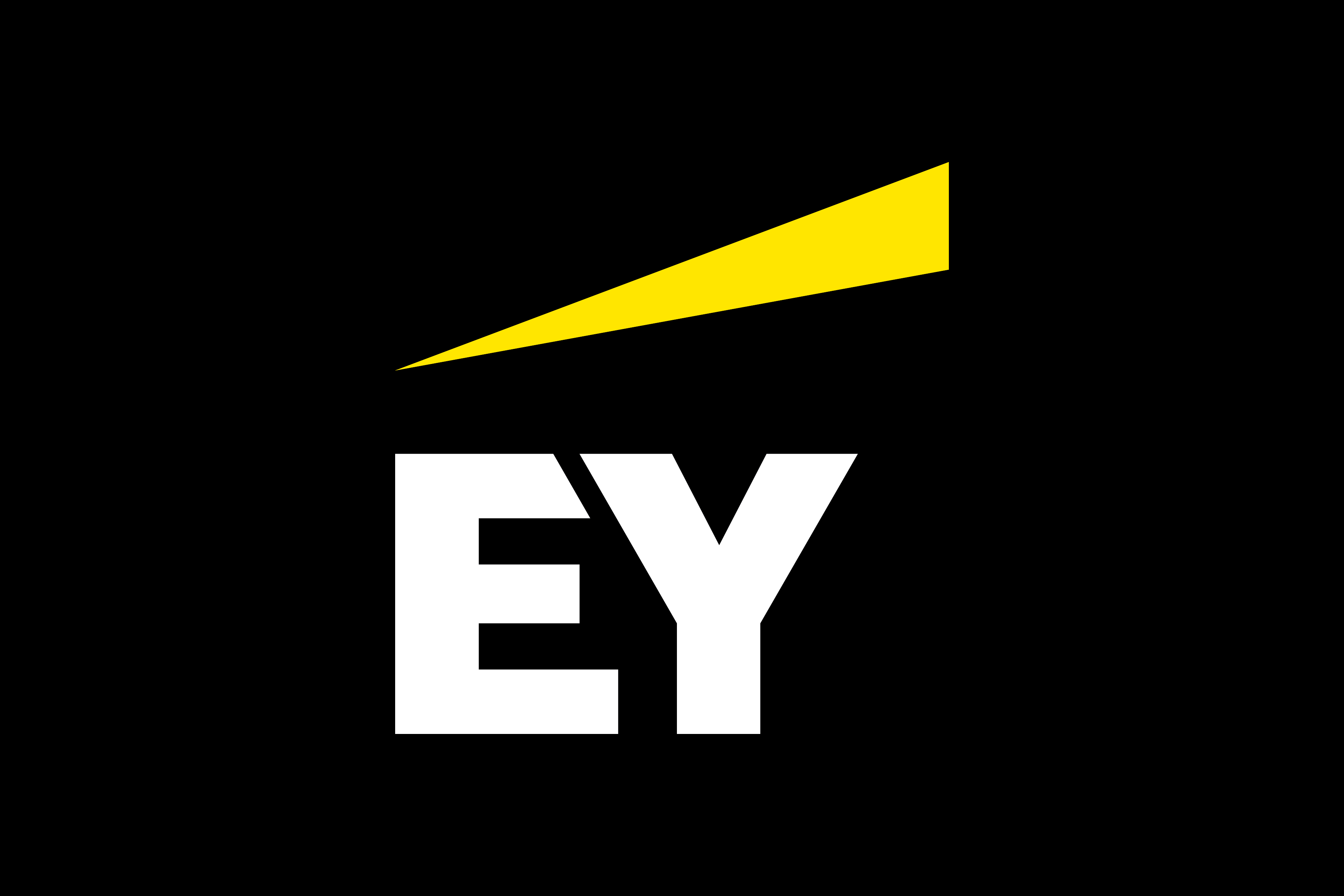EY se refiere a la organización global, y puede referirse a una o más, de las firmas miembro de Ernst & Young Global Limited, cada una de las cuales es una entidad legal independiente. Ernst & Young Global Limited, una compañía británica limitada por garantía, no brinda servicios a los clientes.

- The two main free-trade regimes for goods and services in El Salvador are being revised to add activities that can benefit from tax incentives and to reduce current qualification restrictions.
- Operational procedures of the regimes are also being clarified or added.
- Stakeholders should track the progress of these bills to determine the impact on their operations.
On 26 July 2023, bills to reform to the Law for Industrial and Commercial Free Zones (Free Zones Law) and the International Services Law (LSI) were submitted for analysis and discussion in the Economy Commission of El Salvador's Congress.
Main reforms to the Free Zones Law
The proposed reforms to the Free Zones Law included in the bill are aimed at (i) incorporating new definitions and activities that can benefit from the regime, (ii) regulating waste management and (iii) referring to the Free Zones Law Regulations regarding the process of definitive closure of beneficiaries' operations, among others.
The bill incorporates two new activities that qualify for the benefits of the Free Zones Law:
- Aquaculture, whether industrial processing such as preparations, preserves, derivatives or by-products or their respective processing and commercialization
- Production, processing, transformation or commercialization of food for human intake or as animal feed; the incorporation of sugar, its substitutes, derivatives, and by-products as raw material to produce food or animal feed is allowed
The following activity aimed at incorporating food merchandise is also modified: cultivation, processing and commercialization of species of flora or unprocessed foods produced under natural or artificial systems, such as greenhouses or laboratories for which a permit has been issued by the corresponding authority.
Regarding waste management, the bill broadens the definition of "waste" to include waste resulting after a product has been perfected, such as remaining materials, substances and objects that have no direct use, are permanently discarded and are not useful for the development of activities. This is in addition to paper waste, damaged furniture, packaging for goods not used for transport, handling or storage, and waste resulting from improvements or general maintenance of infrastructure, such as doors or concrete.
The Free Zones Law also clarifies that no duty or tax on waste will be due when the waste is handled by offices authorized by the Ministry of Environment and Natural Resources of El Salvador for its destruction, or to companies dedicated to recycling — even if they are not beneficiaries. Otherwise, where waste is transferred in return for payment, import duties and taxes on the invoiced value shall be cancelled.
Finally, the bill would incorporate changes that reduce the area required, from 35,000m2 to 30,000m2, for new projects that seek to qualify as Free Zone Developers.
Main reforms to the LSI
Changes made in the bill to reform the LSI expand the definitions referring to regulated activities, incorporating new concepts such as "vertical service park" and explaining characteristics of the regulated areas where beneficiaries can carry out their operations. New provisions on teleworking activities for beneficiaries are also incorporated.
The LSI provides that an area regulated as a "vertical service park" includes an isolated area without resident population where the goods introduced and the services provided are considered outside the national customs territory with respect to import duties and taxes. These areas must occupy a minimum area of 8,000m2, which can be distributed on several levels and in accordance with the available land.
In addition, the LSI proposes to expand the scope of information technologies and business processes benefited as follows:
- Activities such as support, maintenance, software administration, databases, platforms, systems, tools, computer applications, video games and others, and cloud storage services such as SaaS, IaaS or PaaS are added to the services already considered (i.e., design and development of software, systems and computer applications) even if part of the service is destined to the national market.
- Activities such as advertising, brand management and marketing are added to services already considered as Business Processing rendered remotely, also known as Business Processing Operations (BPOs).
The LSI also proposes to designate the areas in which the beneficiaries can develop their activities, depending on the item or service they provide:
- Natural or legal persons engaged in research and development activities, international financial services, or repair of technological equipment may choose to develop their activity in service parks, vertical service parks or service centers, thus removing the "services park-only" restriction.
- Activities that could be located outside a service park (i.e., in service centers) prior to the proposed reforms could also be established in vertical service parks.
- Natural or legal persons who provide repair and maintenance services for containers and special services for aircraft may be authorized as a service center if they are in the primary zone of air or maritime ports. Any area where services, controls or operations of a customs nature are provided or carried out will be considered a primary area of customs operation. Similarly, the repair and maintenance services could be authorized as services centers if they are located within a radius of no more than 10 kms from air or seaports.
- Entities providing repair and maintenance services for maritime vessels and aircraft can choose to develop their operations in service centers, as well as in facilities or land belonging to air or maritime ports, eliminating the need for these areas to qualify as service centers.
Finally, the bill would allow beneficiaries to opt for the telework modality, by keeping a registry of employees who will work in this modality and of the goods that will leave the service parks, vertical service parks or service centers, which must be sent to the Ministry of Economy. This registry must be kept updated and follow the provisions of the Telework Regulation Law.
It is important to clarify that beneficiaries may not create telecenters, establishments, or branches for teleworkers to carry out the authorized activity, outside authorized centers or parks.
Next steps
These bills will be now under the study and analysis of the Economy Commission of the Congress. Modifications may be made prior to the discussion and approval by the Congress.
It is important for stakeholders to track the progress of these bills to determine the impact on their operations.
Descargue el PDF
For additional information with respect to this Alert, please contact the following:
Ernst & Young El Salvador
Rafael Sayagués
Héctor Mancía
Carlos E. Gaitán
Daniela Vargas
daniela.vargas.gutierrez@sv.ey.com
Gabriela Silis



